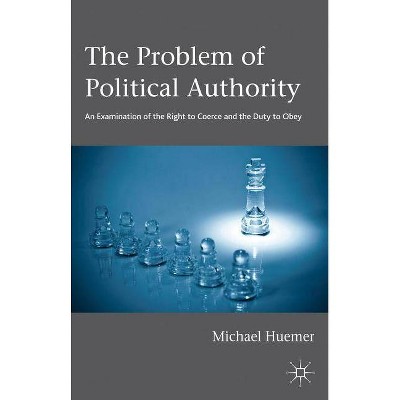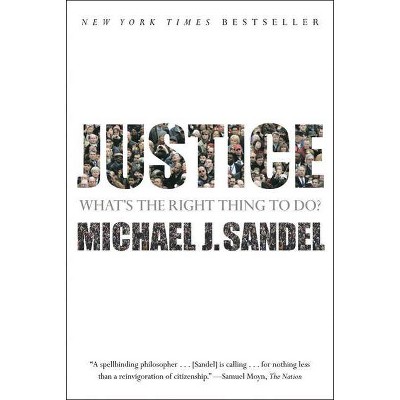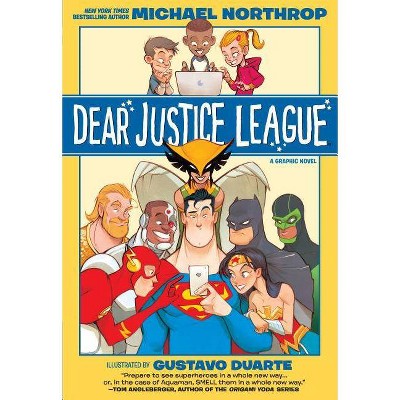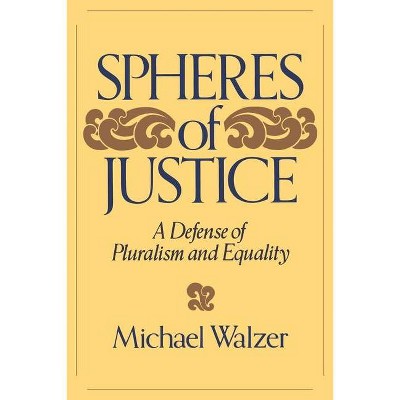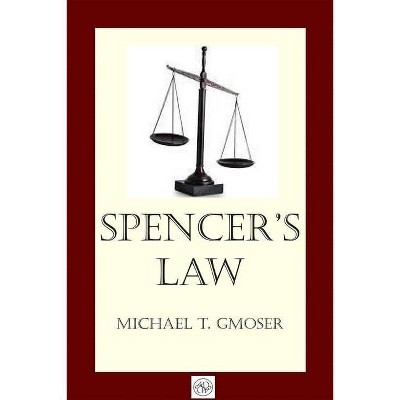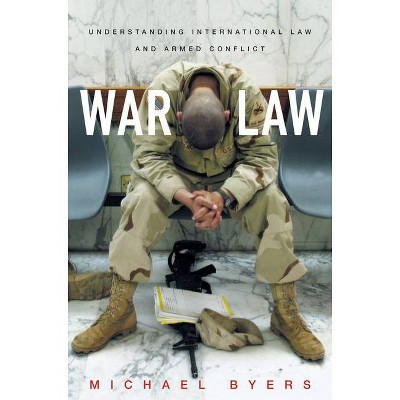Justice Before the Law - by Michael Huemer (Paperback)
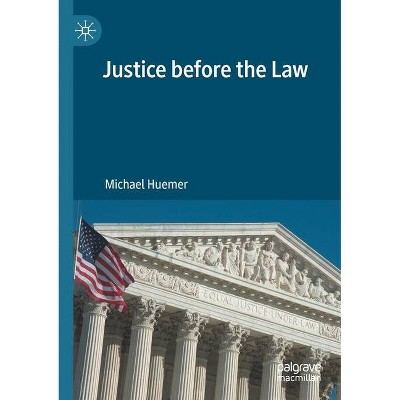
Similar Products
Products of same category from the store
AllProduct info
<p/><br></br><p><b> Book Synopsis </b></p></br></br><p>America's legal system harbors serious, widespread injustices. Many defendants are sent to prison for nonviolent offenses, including many victimless crimes. Convicts often serve draconian sentences in crowded prisons rife with abuse. Almost all defendants are convicted without trial because prosecutors threaten defendants with drastically higher sentences if they request a trial. Most Americans are terrified of encountering any kind of legal trouble, knowing that both civil and criminal courts are extremely slow, unreliable, and expensive to use. This book explores the largest injustices in the legal system and what can be done about them. Besides proposing institutional reforms, the author argues that prosecutors, judges, lawyers, and jury members ought to place <i>justice</i> before the law - for example, by refusing to enforce unjust laws or impose unjust sentences. Issues addressed include: </p> <p>- The philosophical basis for judgments about rights and justice</p> <p>- The problems of overcriminalization and mass incarceration</p> <p>- Abuse of power by police and prosecutors</p> <p>- The injustice of plea bargaining </p> <p>- The appropriateness of jury nullification</p> <p>- The authority of the law, or the lack thereof</p> <p></p><p><i>Justice Before the Law</i> is essential reading for everyone interested in legal ethics, the rule of law, and criminal justice. It is also ideal for students of legal philosophy.</p><p></p><p></p><p/><br></br><p><b> From the Back Cover </b></p></br></br>America's legal system harbors serious, widespread injustices. Many defendants are sent to prison for nonviolent offenses, including many victimless crimes. Convicts often serve draconian sentences in crowded prisons rife with abuse. Almost all defendants are convicted without trial because prosecutors threaten defendants with drastically higher sentences if they request a trial. Most Americans are terrified of encountering any kind of legal trouble, knowing that both civil and criminal courts are extremely slow, unreliable, and expensive to use. This book explores the largest injustices in the legal system and what can be done about them. Besides proposing institutional reforms, the author argues that prosecutors, judges, lawyers, and jury members ought to place <i>justice</i> before the law - for example, by refusing to enforce unjust laws or impose unjust sentences. Issues addressed include: <p></p> <p>- The philosophical basis for judgments about rights and justice</p> <p>- The problems of overcriminalization and mass incarceration</p> <p>- Abuse of power by police and prosecutors</p> - The injustice of plea bargaining <p></p> <p>- The appropriateness of jury nullification</p> <p>- The authority of the law, or the lack thereof</p> <p></p><p><i>Justice Before the Law</i> is essential reading for everyone interested in legal ethics, the rule of law, and criminal justice. It is also ideal for students of legal philosophy.</p><br><p></p><p/><br></br><p><b> About the Author </b></p></br></br><p></p><p></p><p>Michael Huemer is Professor of Philosophy at the University of Colorado, USA. He is the author of more than seventy articles in ethics, epistemology, political philosophy, and metaphysics, as well as six bestselling philosophy books, including <i>Ethical Intuitionism</i> (2005), <i>The Problem of Political Authority</i> (2012) and <i>Dialogues on Ethical Vegetarianism</i> (2019).</p><p></p>
Price History
Price Archive shows prices from various stores, lets you see history and find the cheapest. There is no actual sale on the website. For all support, inquiry and suggestion messagescommunication@pricearchive.us

